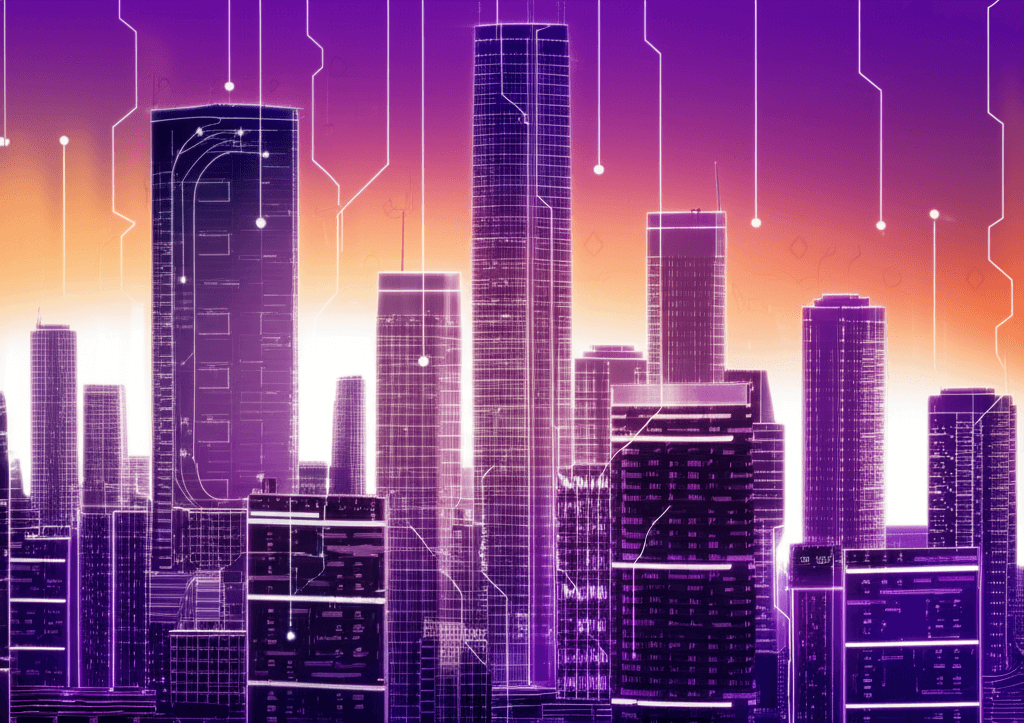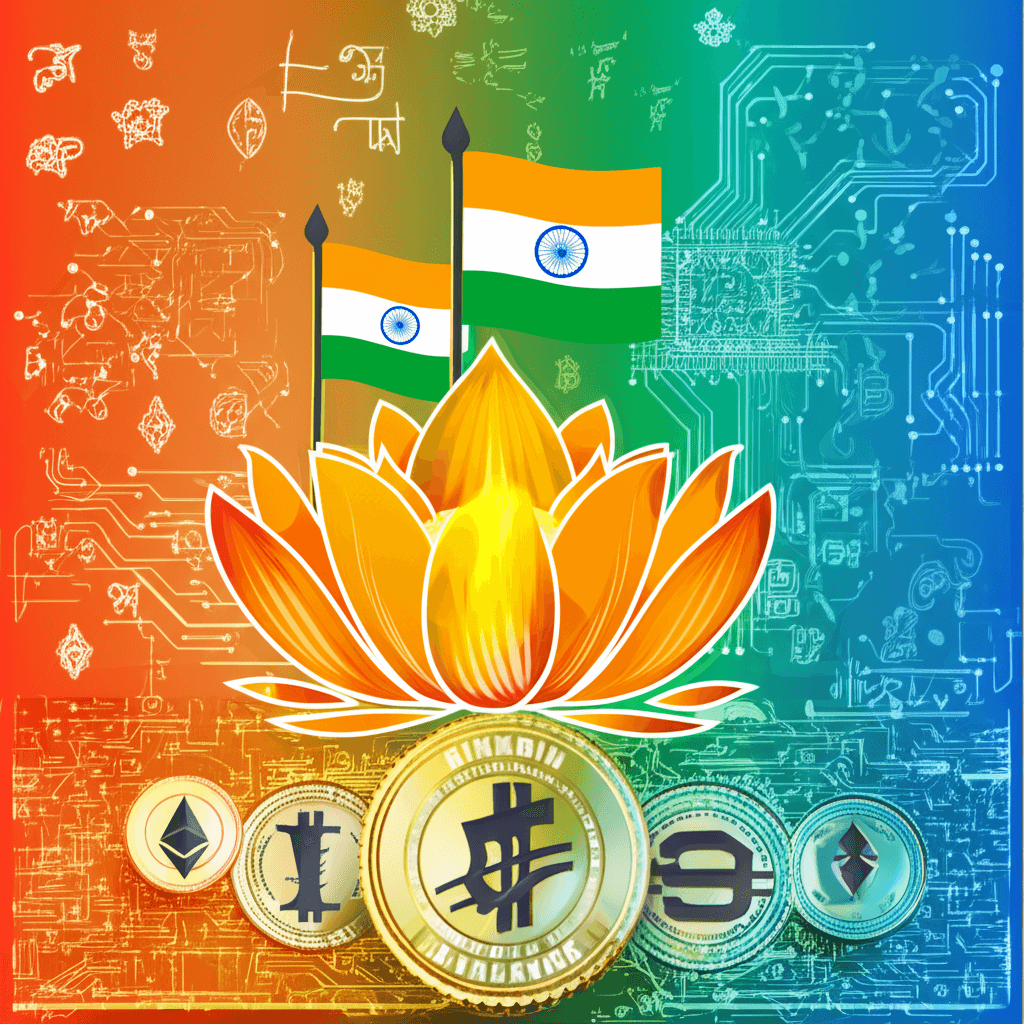Delhi University (DU) is standing at a pivotal moment in 2025, marked by student protests, faculty concerns, and pressing institutional challenges that reflect broader questions about the future of higher education in India. From contentious exam disruptions affecting thousands nationwide to a radical shift in college timings sparking heated opposition, DU has become a microcosm for systemic strains facing universities today.
The SSC Exam Saga: Students Demand Justice and Transparency
The summer of 2025 has seen a wave of unrest in Delhi, predominantly sparked by issues around the Staff Selection Commission (SSC) exams that many Delhi University students and aspirants were appearing for. Held between July 24 and August 1, the Phase 13 SSC examination process faced widespread criticism for “abrupt cancellations, technical glitches, and mismanagement,” according to the president of the Delhi University Students Union, Ronak Khatri, who personally took part in protests.
Students reported logistical nightmares including wrong exam centres, malfunctioning software during computer-based tests, and poor handling by exam staff. These glitches not only jeopardized individual careers but raised alarm about institutional accountability on a national stage. Hashtags such as #SSCMisManagement and #JusticeForAspirants trended widely on social media, amplifying the voices of thousands who felt betrayed by a system that determines futures of millions of youth.
The protests culminated in the large-scale ‘Delhi Chalo’ campaign, even as some demonstrations met with resistance from security forces and allegations of police lathi charges, fueling public debate about the right to protest and law enforcement’s role in educational dissent.
Arvind Kejriwal, AAP’s national convener, publicly condemned police actions against peaceful protests, calling the incident a strike against the hopes and dreams of an entire generation. Delhi Police, however, maintained that protests were largely peaceful and denied claims of violence while explaining limited detentions occurred due to attempts to breach sensitive government areas.
The 12-Hour College Timing Controversy: Faculty and Students Push Back
In parallel with the SSC unrest, Delhi University’s administration introduced a new policy demanding colleges operate from 8 a.m. to 8 p.m., a 12-hour stretch intended to accommodate rising student enrolments and expanded course offerings, particularly for first-year undergraduate programs.
This decision sparked immediate backlash from both faculty and students who raised concerns about safety, teaching quality, and practical feasibility. Abha Dev Habib, a faculty member at Miranda House, criticized the policy, highlighting worries that colleges might increasingly rely on inexperienced or guest lecturers to manage overloaded schedules, thereby compromising educational standards.
Teachers also questioned the lack of corresponding infrastructure improvements, arguing that longer hours would strain both physical resources and human capital, potentially degrading the student experience rather than improving it.
The university administration has yet to publicly address these criticisms in detail, leaving many stakeholders feeling unheard amid a shifting academic landscape demanding urgent support.
What Lies Ahead for Delhi University?
Delhi University’s current turbulence encapsulates a more profound challenge: balancing scale, quality, and access in India’s premier higher education institution. The SSC exam debacle underscores the critical need for transparent, student-friendly exam processes trusted across the country, especially for competitive governmental roles that shape social mobility.
Meanwhile, the 12-hour college timetable reflects pressure to expand capacity without adequate groundwork, prompting calls for better governance with inclusive consultation of faculty and students. As DU celebrates its storied legacy, it must confront modern realities by investing in infrastructure, enhancing staff capabilities, and fostering an academic environment that nurtures rather than overstretches its resources.
Tips for Students Navigating the Current DU Environment
– Stay Informed and Engaged: Follow official Delhi University channels and student union updates for verified information on schedules, protests, and policy changes. – Know Your Rights: Understand your rights as a student, especially regarding protest participation and examination grievances. – Prepare for Contingencies: Given ongoing exam uncertainties, explore multiple preparation strategies and keep alternative plans ready. – Voice Concerns Constructively: Participate in forums, committees, or student groups to constructively influence university decisions. – Prioritize Well-being: Long college hours and pressure situations can impact mental health; ensure you seek support when needed.
In Conclusion
Delhi University’s unfolding story in 2025 is more than a snapshot of conflict or administrative changes—it is a call for systemic reform in Indian higher education. As students and faculty navigate this challenging phase, the decisions made today will shape DU’s academic culture, reputation, and contribution to the nation’s future for years to come.
For continuous updates and in-depth coverage on Delhi University, policies, and student movements, bookmark dedicated education news portals and engage with the vibrant DU community online.
Explore more on this topic and share your perspectives to be part of the ongoing dialogue shaping India’s educational future.







